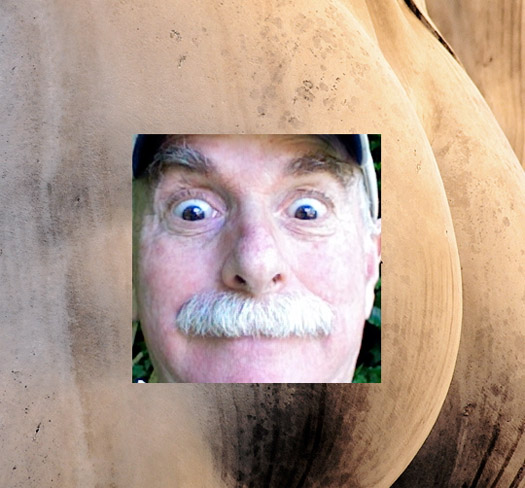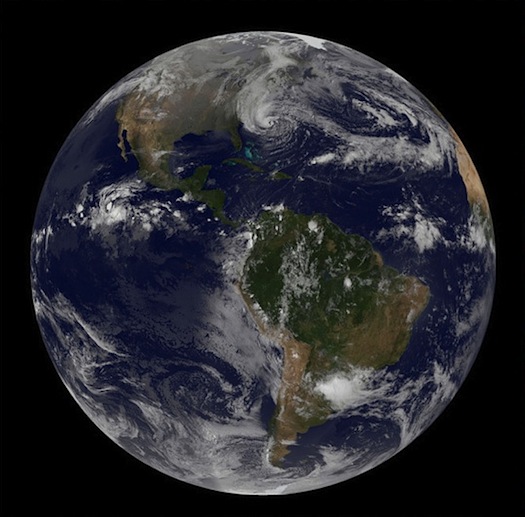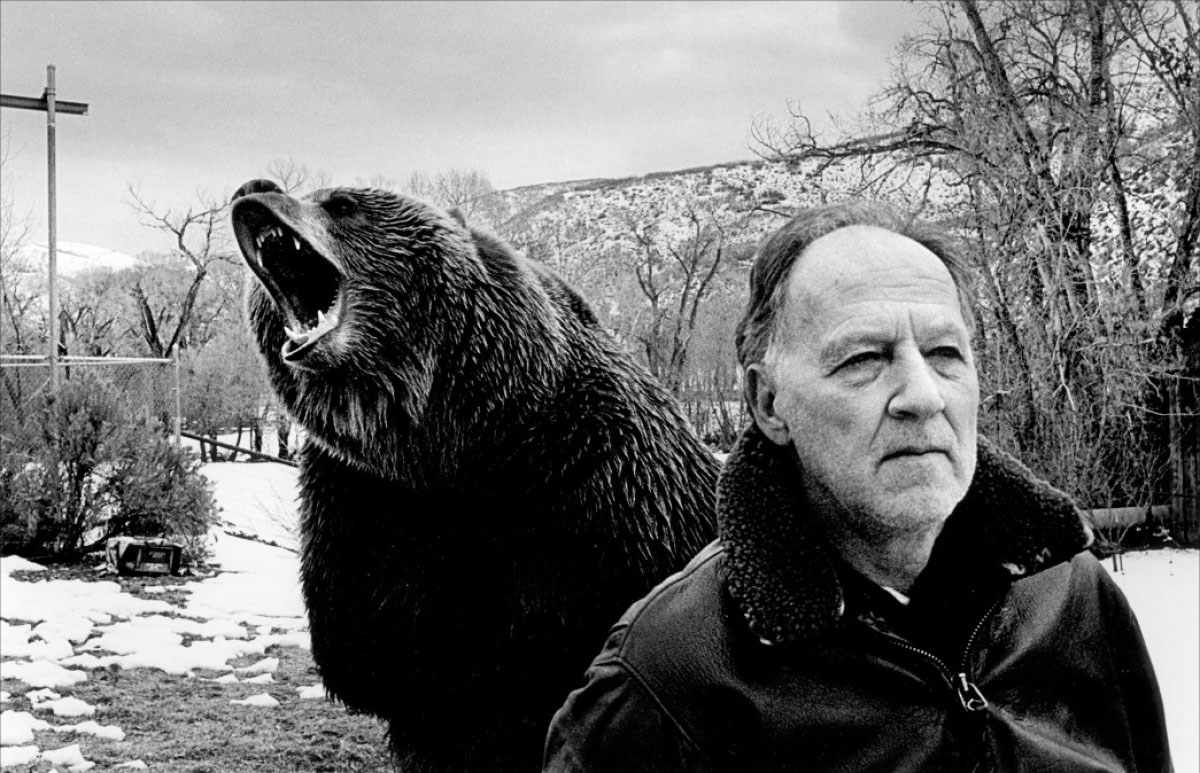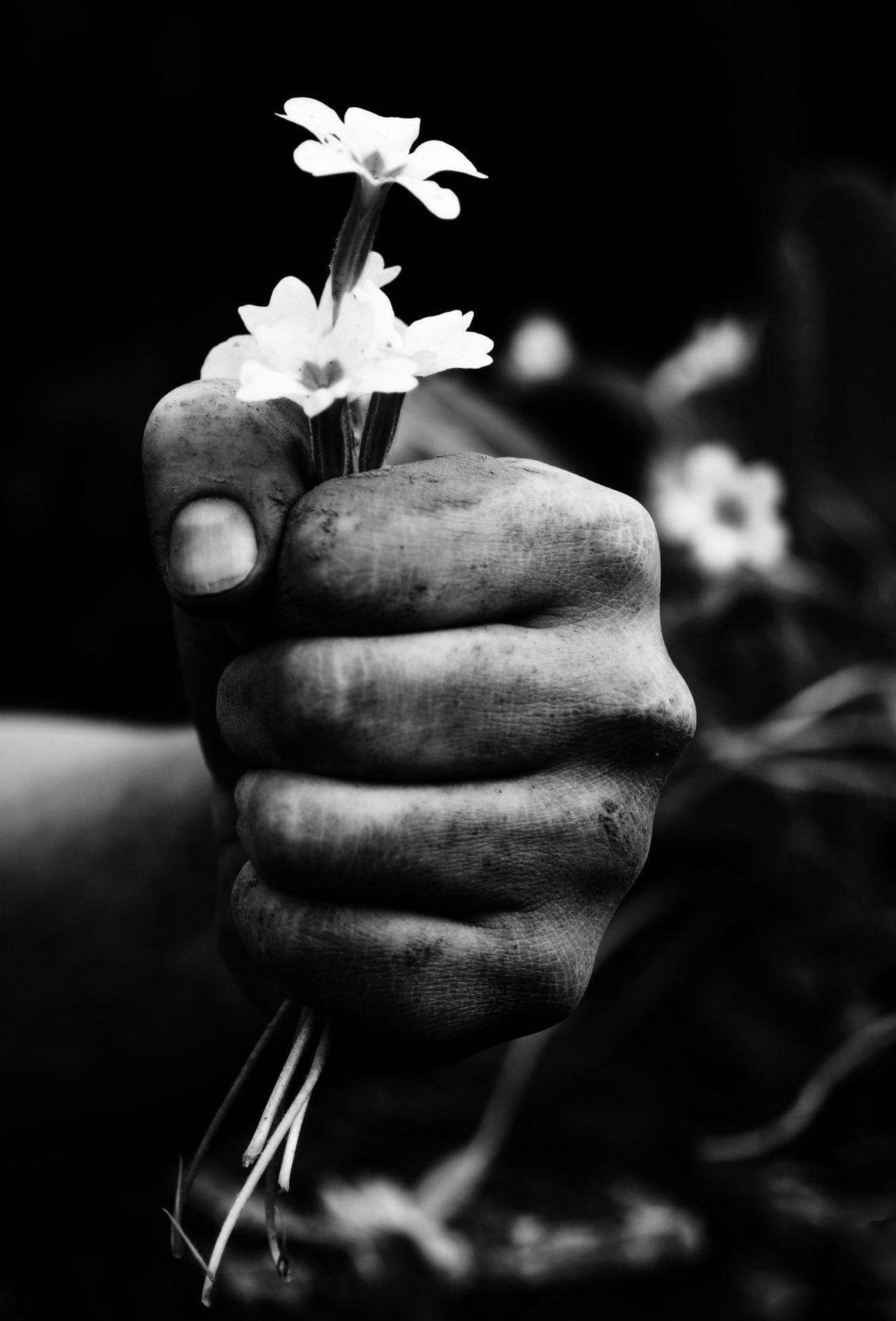Recently, Lydia Wills alerted us to an entry from Howard Rheingold‘s astonishing blog Howard’s Butt “about his rectal cancer experiences –about being cracked open. He is an amazing person…one of the earliest internet folks who knew it was going to change the world.” Rheingold’s writing sent us to his website and Wikipedia to find out more about him, and then all over the web, as one thing led to another: Rheingold is a future-thinker who saw the power of the internet and wireless devices to create communities WAY before anyone else did, and then he started living that vision… He had a hand in the Millennium Whole Earth Catalog and early internet ventures like HotWired (Wired Magazine’s original web presence), wrote ground-breaking books about technology’s new paradigms and collective intelligence, gave a TED talk about collaboration, and lectures at Stanford and U.C. Berkeley.
In all the work that we came across, Rheingold shows enduring courage: to think for himself…say what’s what…and be comfortable being an outsider (which just about anyone who is himself is), not to mention writing a blog about rectal cancer and putting pictures of butts all over its home page.
Here’s a post Rheingold wrote in anticipation of the radiation oncologist’s verdict the following week. “Feeling Like a Hard-Boiled Egg” is about the armoring we create to survive and that life cracks apart, and what that process is really about:
“Reading my first entries here, I’m impressed with my bravery. I just strode into the teeth of the storm, didn’t I? If I was to talk that way right now, it would be bravado. My armor is cracked open and my heart is raw and sensitive. I’m open to compassion for those who suffer far worse than I have. I’m open to a kind of deep love I’ve never known before, for my caregivers. I’m open to love and gratitude to my Judy and to all those who have supported me in so many ways and so many places. And I’m open to fear and anxiety, doubt and weepy sentimentality. I feel like a hard-boiled egg with my shell peeled away and only that thin membrane remaining between my feelings and the world. I’m trying to embrace this new condition. I didn’t ask for it, but neither did I ask to be born. But strong forces within me want to, perhaps need to, re-armor.
Part of who I am, part of what has enabled me to survive my circumstances with my independence intact and my mind fairly open, was the armor that I grew out of necessity, growing up in Phoenix, Arizona in the 1950s, a bookish weirdo Jewboy who didn’t play basketball. There’s no need to get into all that. I understand the sad consequences of the way young males in America socialize each other. But it’s no wonder that I have sometimes characterized myself as a martian – at one point, even dressing up like a person from another planet and pretending to be an alien anthropologist. Even among public intellectuals, I’m from left field. Academics allow me to dwell among them, but only temporarily and provisionally. I do see clearly now how the person I’ve become was largely a creation of my own choices; I could have reacted in other ways, become other people, but I did what I did and I am who I am. That’s not the end of it. Apparently I’ve been called to be someone else. Again.
One of the benefits of aging is a growing understanding of why I did the things I did when I was younger, and why I don’t necessarily have to continue doing things that way. I know that Judaeo-Christian and Buddhist and Muslim-Sufi traditions consider the painfully cracked-open heart to be a desirable state. So I’m trying to treat my raw nerves as “the new normal,” and considering the possibility of learning from it. But it hurts, and it’s a kind of pain that I can alleviate by rebuilding the carapace that used to protect me.
I don’t know that I need to communicate this to anyone but myself. I enter it here in case a later me has need of tracing the path I’ve taken since that night in a hotel room in Paris when I crossed the line into a world where everything is different. And I do it publicly, I suppose, as a self-initiation into the new person I’m becoming. Self-construction of identity is a challenge to the world to treat one in a certain way, I suppose.
My life forks on Monday. But doesn’t it fork every day, in every moment? I guess it’s only rare to be so aware of it.”
The post Rheingold wrote a week later – “Pain, Discomfort and Happiness” – also knocked us out, and is an amazing follow up to the first.
Thanks, Lydia!




